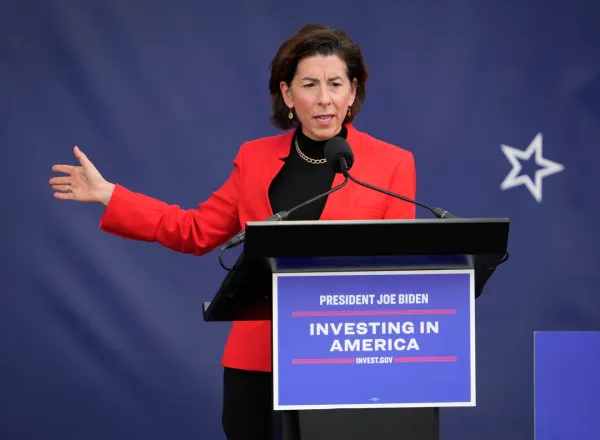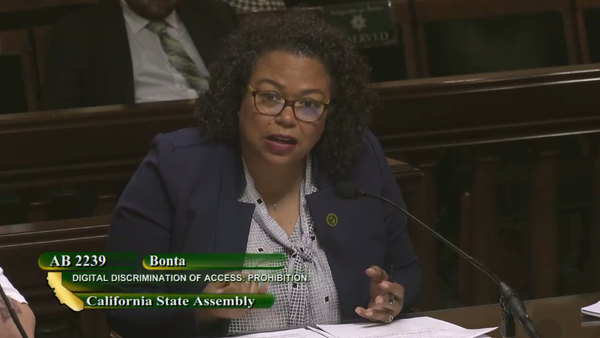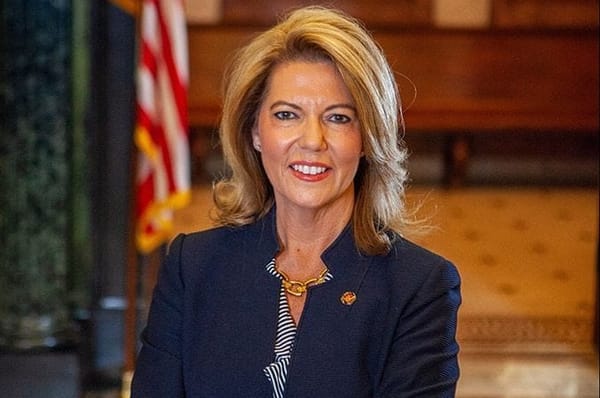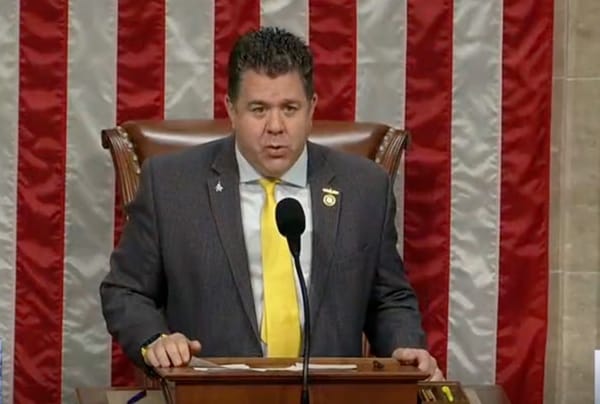Trade Negotiators Say Anti-Counterfeiting Agreement Finalized … Except for Digital Provisions
American and European trade representatives said Monday that they’ve successfully concluded talks concerning a global anti-counterfeiting trade agreement, and they’re ready to release the draft sometime this week, but a report in the Wall Street Journal says that the negotiators still can’t agree on
American and European trade representatives said Monday that they’ve successfully concluded talks concerning a global anti-counterfeiting trade agreement, and they’re ready to release the draft sometime this week, but a report in the Wall Street Journal says that the negotiators still can’t agree on the terms concerning enforcement of intellectual property rights in the digital environment.
“Participants in the negotiations constructively resolved nearly all substantive issues and produced a consolidated and largely finalized text of the proposed agreement, which will be submitted ad referendum to their respective authorities,” read a statement from the United States Trade Representative and its European counterpart, the European Commission. “The participants agreed to work expeditiously to resolve the small number of outstanding issues that require further examination in capitals, with a view to finalizing the text of the agreement as promptly as possible.”
The negotiators “ironed out compromises on the key issues of European food names and medicines for poor countries over the weekend, clearing the way for a global counterfeiting pact to be signed within weeks,” according to the WSJ.
That resolution of the generic medicine issue means that patents have been excluded from border enforcement measures.
That should also bring relief to the makers of high-tech equipment, who had worried that their legitimate products would be mistakenly held up by clueless customs officials while in transit across the globe.
The Motion Picture Association of America, for its part, continued lobbying on Monday as the news about the proposed anti-counterfeiting trade agreement seeped out.
“We continue to believe ACTA must include robust protections for intellectual property online, building on established international norms if it is to meet its potential as a state-of-the art agreement to combat counterfeiting and piracy,” said Greg Frazier, the MPAA’s executive vice president and chief policy officer in a prepared statement. “We commend the U.S. Trade Representative and the other international negotiators for their hard work in resolving nearly all major issues.”
Participants, other than the U.S. and the EU, include Australia, Canada, Japan, Japan, Korea, Mexico, Morocco, New Zealand, Singapore, and Switzerland. Notably absent is China, a big source of counterfeited and pirated goods.







